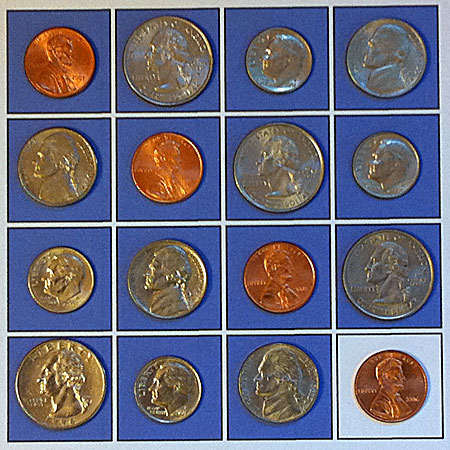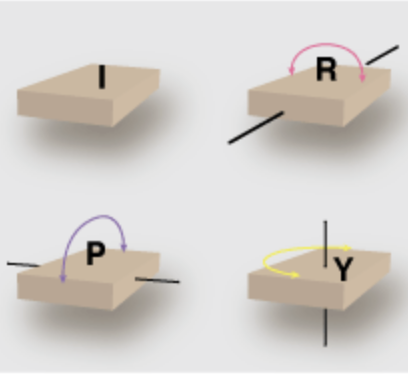Stupid Questions
by Brian Hayes
Published 22 November 2006
Whether or not anyone else is reading the stuff I’m posting here, the spammers have discovered me. And I’m afraid that “comment spam” is not as amusing as the e-mail variety. I have therefore installed one of those annoying sentry programs that will ask for the answer to a trivial question before allowing you to post a comment. I’m choosing questions that I’m sure every reader of this blog will be able to answer instantly — things like, “Who published the first proof of the impossibility of trisecting an angle?” and “True or false: The present king of France is bald?” Please give it a try. If you have any trouble — and you’re not a spambot — e-mail me at brian@bit-player.org.
Update 2006-12-14: A few days ago I thought I had solved the comment-spam problem by other means, and so I turned off the interrogation. But the spammers are back, and so I have put the sentry on duty again. This time the questions all take the same form: a sequence of positive integers. You’ll be asked to name the next element of the sequence. None of them are tricky (no lists of subway stops), or even interesting. If the spambots learn to solve the problems in this set, well, good for them; at that point we can think about escalating to the next level.
Responses from readers:
Please note: The bit-player website is no longer equipped to accept and publish comments from readers, but the author is still eager to hear from you. Send comments, criticism, compliments, or corrections to brian@bit-player.org.
Publication history
First publication: 22 November 2006
Converted to Eleventy framework: 22 April 2025




I visit your blog regularly. I do not know the answer for your question “Who published the first proof of the impossibility of trisecting an angle?” now. I will google for the answer in few minutes.
But I can answer the question posed to me now. It is Fibonacci numbers. I am confused now what should be answer is it 13 or Fibonacci numbers?
Obviously, you made the right choice, or I wouldn’t be reading your comment.
Sorry to make life more difficult than it needs to be. Over the next few days I’m going to investigate other ways to filter out comment spam. If I can’t find a good alternative to the current quiz, I’ll at least rewrite the questions to avoid such ambiguities. The questions are merely meant to distinguish human beings from machines, so no great subtlety or cleverness is involved; but I hate to be utterly boring.
By the way: In the matter of the trisection proof, Google will of course give you the answer, or you can wait for my next American Scientist column, which should be out in two or three weeks.
i’m a spam robot… Tffff23-12…. Check…Test….Comment…. :D
yesss, i’m submit a comment :))))